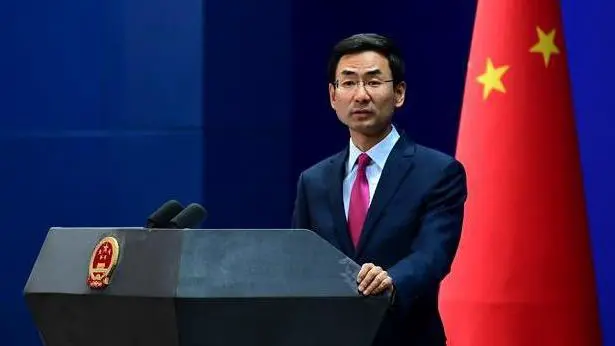Populism’s global rise was tested on Sunday when French voters went to the polls in the final ballots of the 2017 presidential election there. Centrist internationalism won, though strands of populism played a strong role in creating the final contest between centrist Emmanuel Macron and Marine Le Pen of the right-wing National Front.
While Macron (with a pro-EU and pro-continuity platform) won nearly two-thirds of the final vote, under Le Pen’s leadership, the once-fringe National Front garnered support from 35 percent of the French electorate. She did so, in large part, by shifting the party to a populist framing of issues.
Other recent elections in the Philippines, the United Kingdom, the United States, and the Netherlands have demonstrated that populism, while inherently driven by domestic political issues, is galvanizing polities across the globe. In each of the first three countries, leaders with strong populist influences are taking steps that seem to alter the long-standing trend toward globalization.
In the Netherlands, the sitting party in government retained control of the Parliament but lost seats overall to populist and populist-leaning parties. A Le Pen victory in France could have further reduced momentum for globalization.
The specific drivers and objectives of populism vary greatly, but there are often common threads across countries, parties, and time in populist agendas—whether politically left or right leaning. When rooted on the left, populism limits the power of corporate elites who are seen as gaining power at the expense of “average” people.
Populism from the right often blames government elites for what it perceives as the undermining of the economic or political position of an “in” group who are described as losing power or influence to newcomers. In recent manifestations, this often results in anti-immigrant or anti-immigration positions.
Noting that populism is not a new phenomenon, a 2016 article in Smithsonian.com suggests that Andrew Jackson’s 1824 and 1828 campaigns may have introduced populism as an enduring facet of U.S. electoral politics.
Today’s populism, both in the United States and around the world, carries forward the Jacksonian antiestablishment drive and is leading to two important shifts: changes to economic and fiscal policies, and greater political polarization.
Within the United States, economic and fiscal concerns span the right-left political spectrum, with many of these views being championed by presidential candidates Donald Trump, Hillary Clinton, and Bernie Sanders in ways that evoke populist sentiment.
A sampling of views includes those who believe their tax burden is too high; those who believe government spending and/or the resulting government debt is too high; those who believe U.S. trade agreements have hurt their personal economic situation; and those who believe that wealthier Americans’ tax rate is too low.
Viewed through the lens of history, however, few populist movements have resulted in meaningful long-term economic benefit. Instead, unpredictable and sometimes damaging economic policies are pursued—often seeking short-term gain with insufficient consideration of long-term impact—to the long-term detriment of the very constituents who sought the change.
As a result, most countries that have fully embraced a populist agenda have seen long-term economic growth suffer. Present-day Venezuela provides a clear example. Should such policies be pursued by a country at the center of the global financial system, there could be wide-ranging knock-on effects for economies throughout the world.
Indeed, the antielite sentiment consistent in many populist movements has led to policies and government actions that are initially popular but often harm (or reverse) long-term economic growth. Examples include countries that have nationalized various industries or walled them off from international investment—often in ways that jeopardize the new state-owned firms’ access to necessary cutting-edge technology developed abroad; in other cases, dramatic shifts in tax rates, benefits provision, or fiscal policy have led to growing deficits and in some cases to extremely high rates of inflation.
Political polarization can both contribute to, and strengthen, populist movements. Often based on a concept of “the people,” populist leaders create “in” and “out” groups. Social media offers a low cost-of-entry platform to leverage individuals’ preexisting biases to cultivate and distribute a message that moves quickly through an audience already disposed to the given message.
The resulting polarization can be expected to persist beyond any one populist regime and can create long-term complications for affected nations. Some European nations are already attempting to address this issue through exhortations of positivity, most notably Angela Merkel’s “we can do this” slogan—though these can backfire as well.
If history is a guide, rising populism presents a clear risk that national policies will shift away from global engagement and toward isolation. As we saw with Le Pen’s push in France’s election, it can also drive increasing nationalism and potential sudden dislocations in diplomatic alignments.
This could put pressure on long-standing political and economic institutions to change or be dissolved, and it could also create large changes in the relative influence of countries that lead, or seek to lead, the international system.
This article
is adapted from CSIS, and is not what APD stands for.
(CSIS)
 简体中文
简体中文





